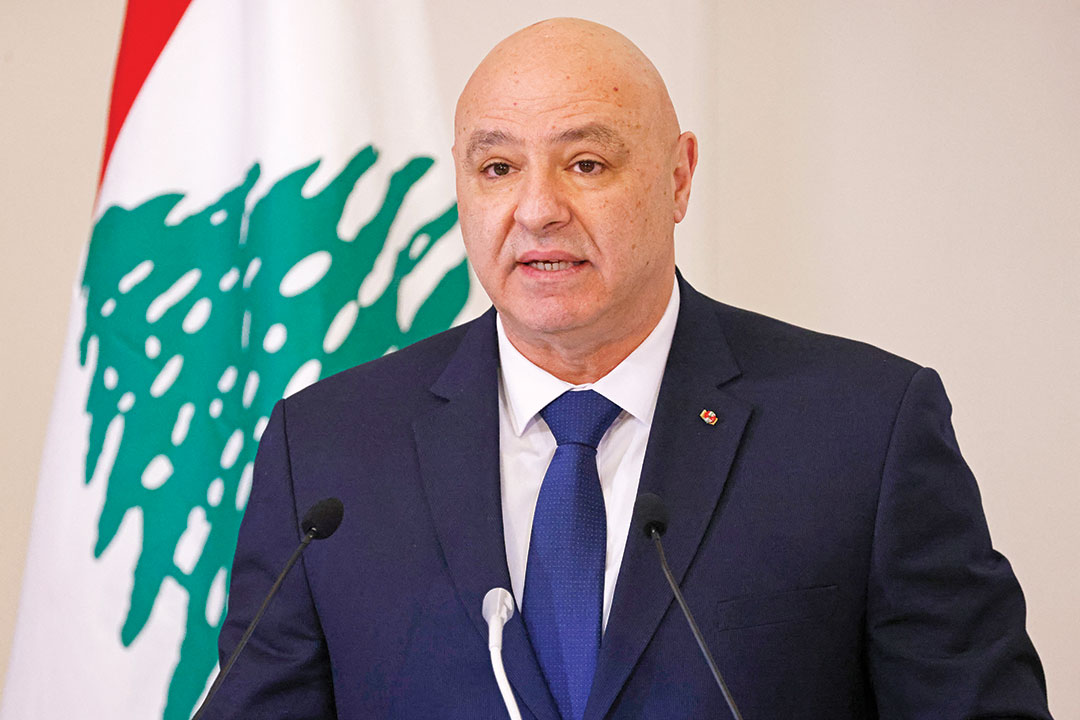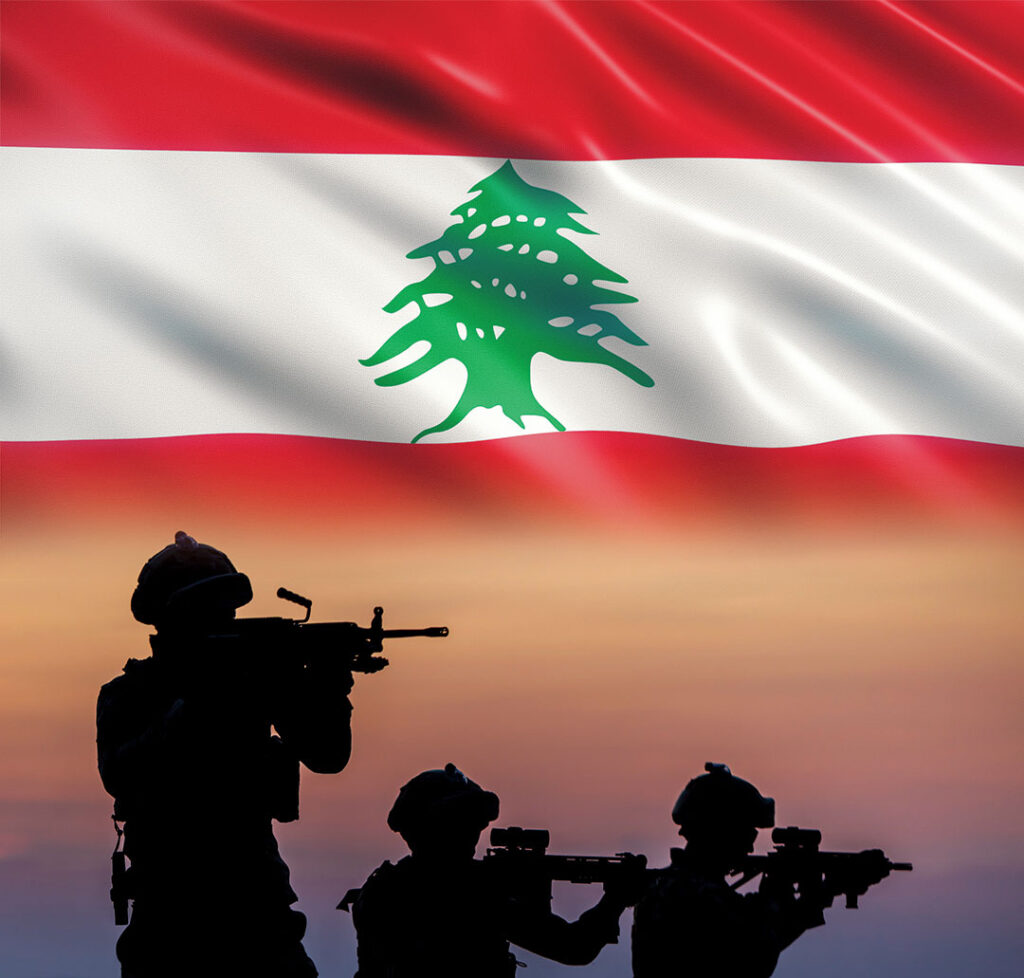The Lebanese Armed Forces (LAF) earned international plaudits for disarming and stabilizing the southern part of the country after recent conflicts.
U.S. Maj. Gen. Jasper Jeffers, then Chairman of the Ceasefire Implementation Mechanism, accompanied LAF officers on a visit to the South Litani region of the country.
The January 2025 trip included a stop in Al Khiam, the first border region to fully transition back to Lebanese control since the signing of the Cessation of Hostilities on November 27, 2024. In just a month, the LAF cleared over 9,800 pieces of explosive ordnance from more than 80 locations.
“I am incredibly impressed by the professionalism and dedication of the LAF. They are working around the clock to provide security and dismantle unexploded ordnance so Lebanese citizens can safely return home,” said Maj. Gen. Jeffers, head of U.S. Special Operations Command Central.
Besides defending the country’s independence and maintaining strong military partnerships with their counterparts in partner countries, the LAF works with international security and humanitarian organizations to better serve their country.

In August 2024, then-Commander of the Lebanese Army Gen. Joseph Aoun received at his office the Head of the International Committee of the Red Cross (ICRC) Mission in Lebanon, Simone Aeschlimann.
The meeting concluded with the signing of a cooperation agreement between the LAF and the ICRC by which the ICRC pledged to provide technical support to the LAF to collect DNA from human remains to identify victims of past wars in the country.
To ensure that people affected by armed conflict receive humanitarian protection and assistance, the ICRC has been present in Lebanon since 1967, carrying out humanitarian work in Lebanon through several periods of armed conflict, including the 1975-1990 civil war.
In January 2025, Lebanon selected Aoun as its
next president. Aoun vowed a “new era” for Lebanon that would include a reduction in sectarian divisions and a reassertion by the LAF of an exclusive right to possess weapons in the country.
In his previous job as commander of the Armed Forces, Aoun mobilized Lebanese troops to crush Daesh terrorists that had hidden out for years in the northeast mountains of the country, a decisive weeklong operation that earned him praise around the world.
To help maintain peace in southern Lebanon, another LAF partner — the U.N. Interim Force in Lebanon (UNIFIL) — had its mission extended for another year. The United Nations Security Council in August 2024 unanimously voted to prolong the existence of the force in Southern Lebanon.
In 2006, UNIFIL’s mandate was expanded when the Security Council adopted Resolution 1701 to allow peacekeepers to help the LAF keep parts of the south free of weapons or armed personnel other than those of the Lebanese state.
Sources: Reuters, ICRC, U.S. Embassy in Lebanon

